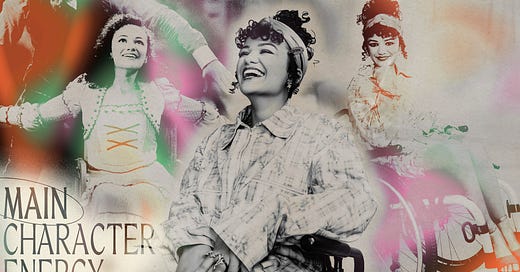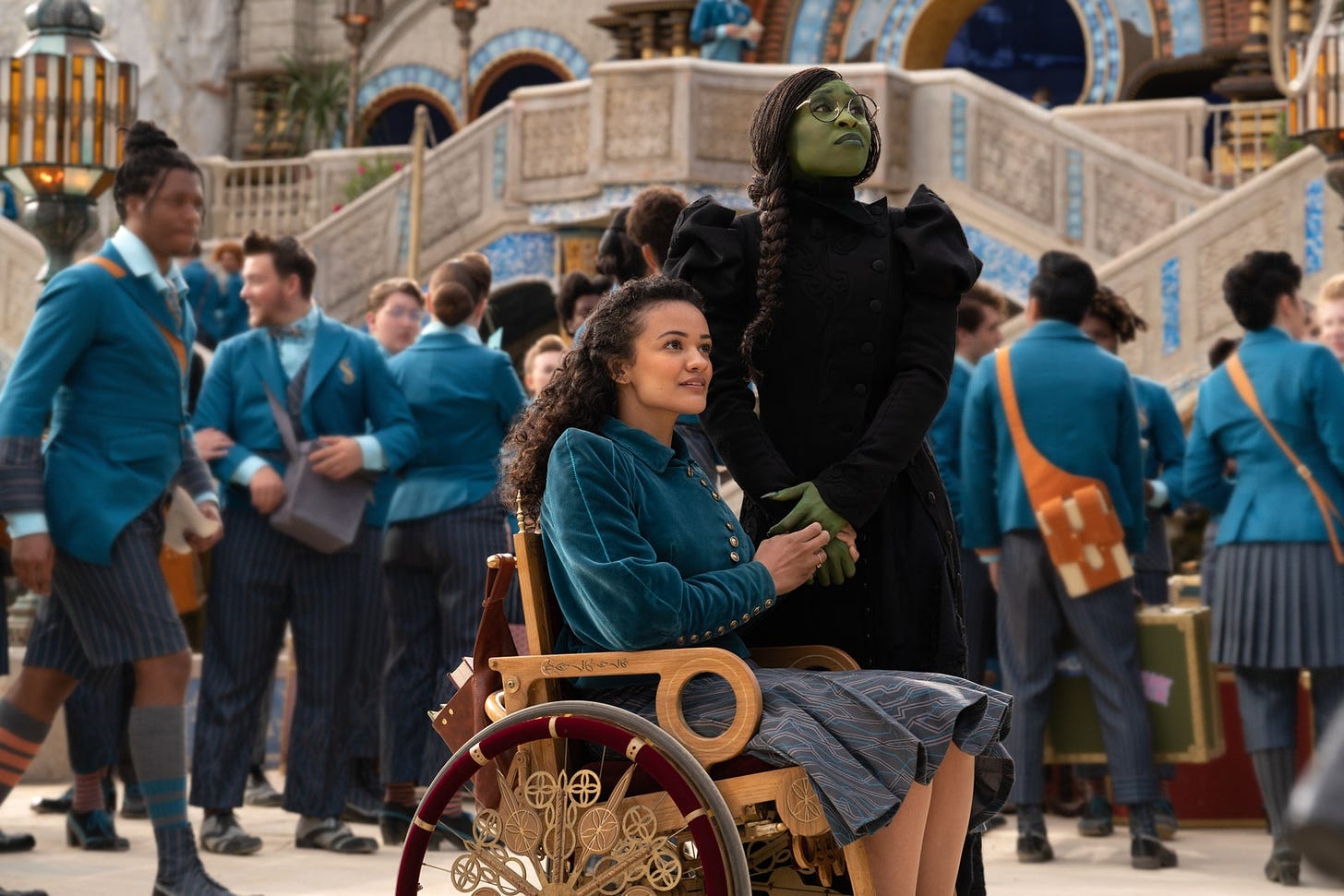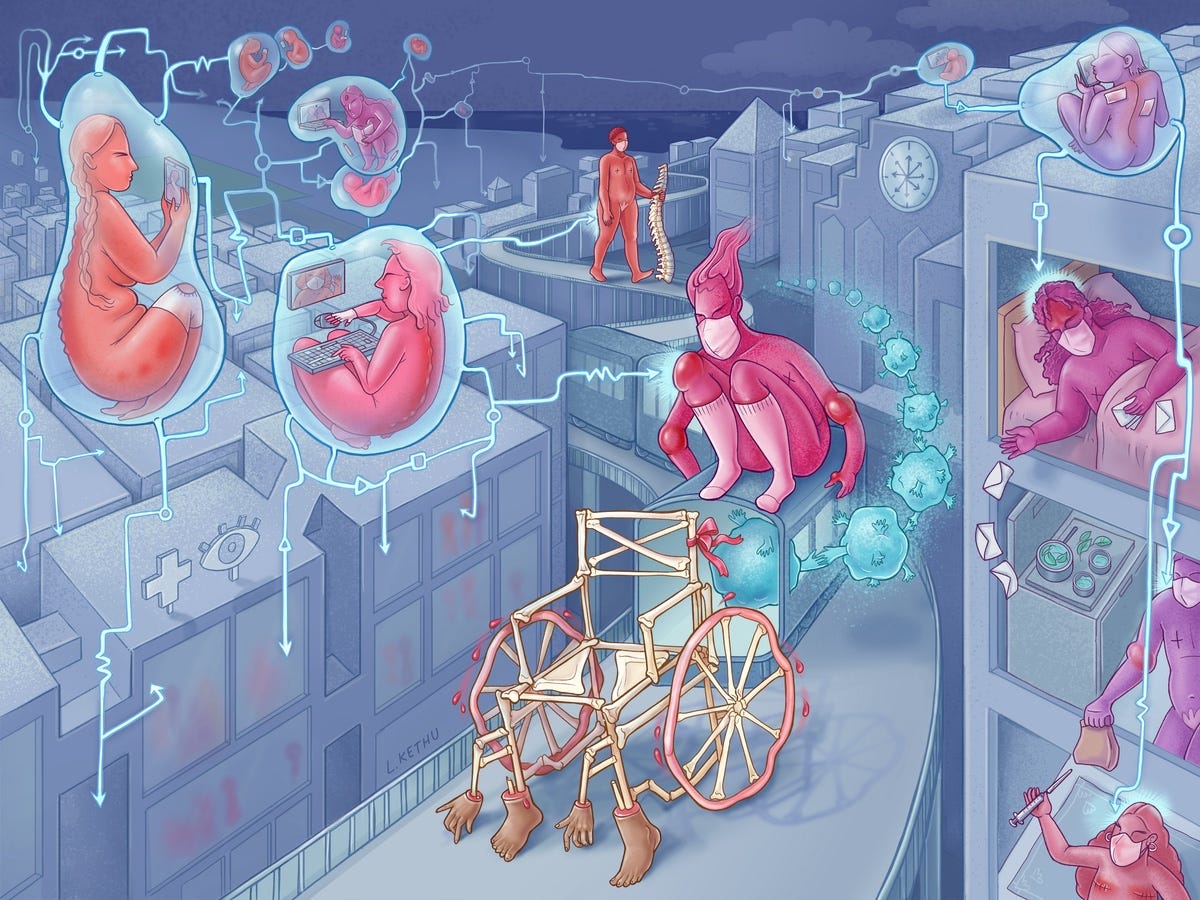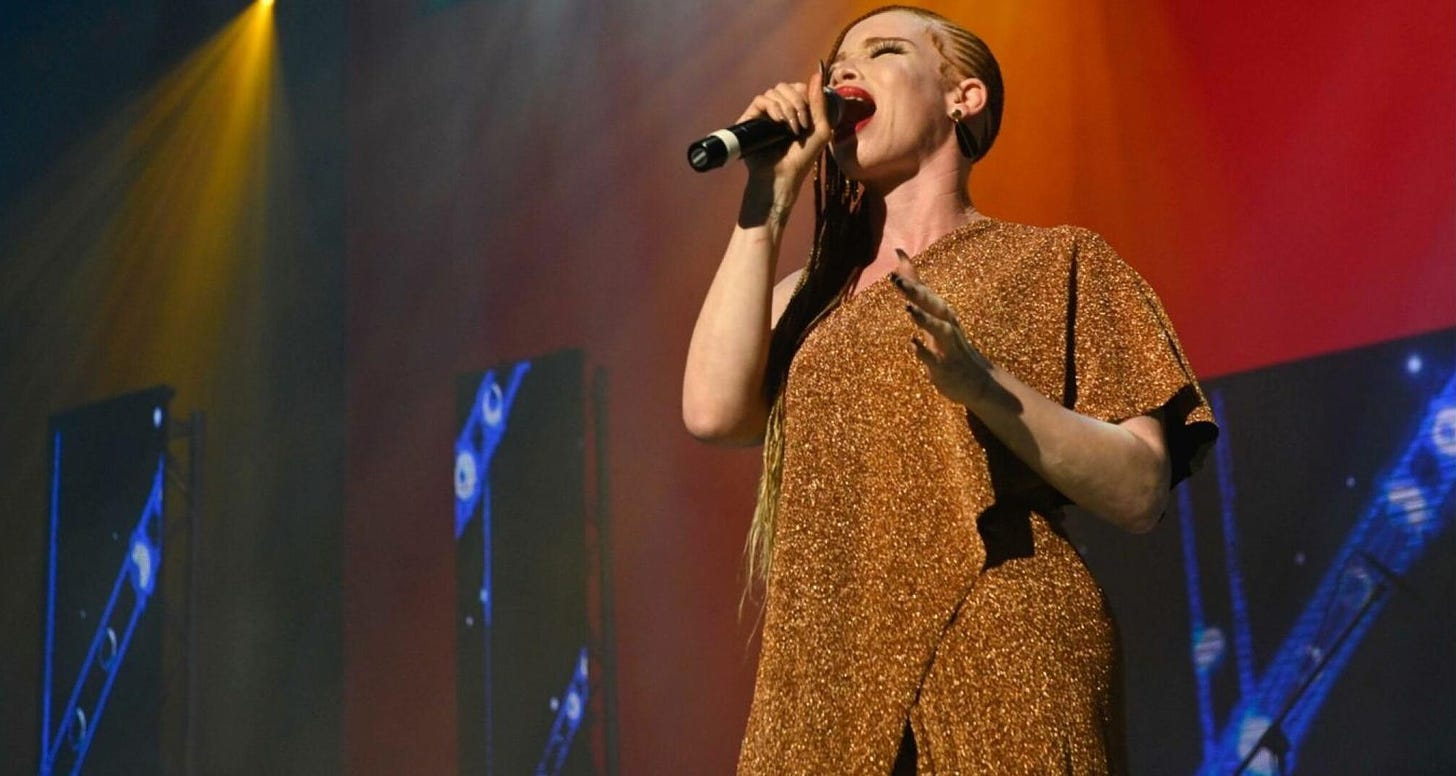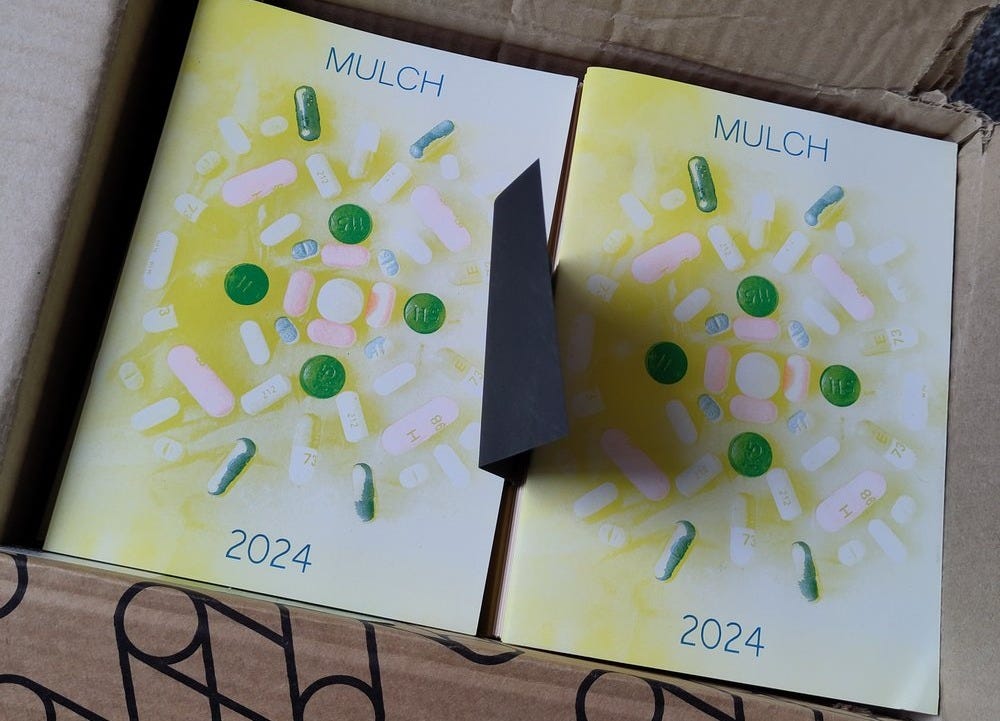NEWS
Wicked, an Anti-Ableism
Wicked: Part One is the cinematic spectacle of the moment, a $150 million screen adaptation of a Broadway adaptation of a novel. It is the prequel to The Wizard of Oz, reimagining it as a story about fascist contrivances of the public perception of evil that is only challenged by a powerful disability solidarity with animal liberation.
Elphaba’s congenital greenness and a lifetime of bullying fill her heart with the desire for the freedom of her animal comrades, including one important teacher who is a literal scapegoat (a goat whose confinement and language deprivation helps the Wizard’s regime “escape” scrutiny of their power and control).
For the first time in the history of the franchise, the film used “authentic casting” for one of the most prominent disabled characters. Marissa Bode, a queer biracial disabled actress, plays the role of Nessarose Thropp.
In an interview with Madison Lawson from Teen Vogue, Bode highlighted the accessibility of the film set, led by access coordinator Chantelle Nassari and director Jon M. Chu. She also suggested there will be a major change to the deeply ableist scene coming in Wicked: Part Two (due November 2025) where Elphaba casts a spell that allows Nessa to walk.
New Works
Digital Kinship: Disabled and/or chronically ill South Asian Americans on finding community is an oral history project featuring interviews conducted by disabled writer, artist, and caregiving advocate Nureena Faruqi, hosted on the South Asian American Digital Archive.
On a recent episode of the Embodied podcast hosted by Anita Rao, Dr. Ben Barry, Sky Cubacub, and Samantha Jade Durán discuss disability-centric fashion worlds.
A new issue of the Boston Art Review features “Bringing Accessible Design Thinking Out of the Classroom: In conversation with Sara Hendren and Emily Sara,” facilitated by Jameson Johnson.
The government of Australia has released the disability-specific plan that is part of the country’s 5-year cultural policy called Revive. The plan’s 3 priorities - “Recognising d/Deaf and disabled artists and arts workers as central to our vibrant arts and cultural sector”; “Strong and inclusive governments and organisations”; and “Engaging the audience: fair, open and equitable access to arts and culture” - were developed through a large-scale public engagement process. And they come with $8.1 million in funding for initiatives that serve these priorities.
In South Africa, the Durban Playhouse Company recently hosted the We Can Arts Festival “aimed at fostering the inclusion, integration and promotion of artists with disabilities into the mainstream creative arts economy.”
A team of researchers from the University of Pennsylvania recently published a study in JAMA Health Forum that looks at the effects of repealing Section 14(c) of the Fair Labor Standards Act, the law that allows employers to pay disabled workers subminimum wages. The research looked at the employment-related outcomes for 450,838 workers with cognitive disabilities in 2 states that repealed the law, New Hampshire and Maryland. Overall, the study found a 4.7% increase in employment, although the effects were not statistically significant in Maryland.
The Remote Body, a “DIY org fostering community & hosting remote events prioritising chronically ill & disabled folk,” has published its annual zine, with MULCH as this year’s theme. Featuring work by Sarah Stern, Cam Francis, Darya Danesh, Romany Stott, Keev Ó Baoill, micah marissa, Jo Hauge, amneet johal, Eva Lewis, bonnet nils, and Char Heather.
In Other News…
The government of Tasmania is seeking its first Disability Commissioner, an important role in the Disability Rights, Inclusion and Safeguarding Act of 2024 passed last month.
CALLS
The Leonardo is seeking a Lead Artist for its CripTech AI Lab, one of 3 thematic foci for the CripTech Incubator in 2025-26. Apply by Dec. 9. More here.
The Autistic Voices Oral History Project, in collaboration with the Association of Moving Image Archivists and the Association for Autism and Neurodiversity, is seeking applicants for the inaugural Autistic Community Fellowship (for Autistic community members) and the Memory Workers Fellowship (for non-Autistic, or allistic, and Autistic professionals working in archives, libraries, and oral history). Apply by Jan. 31, 2025. More here.
EVENTS
Disability Activism On Social Media
Tuesday, Nov. 26, 4 - 5pm Indian Standard Time, online
Both Puneet Singh Singhal and Virali Modi have a legion of followers who actively engage with their posts. They will tell us about their strategies, process, tips for engagement, monetisation and overall success on social media. So, if you use social media for activism, or just want to elevate your social media skills, this webinar is for you.


